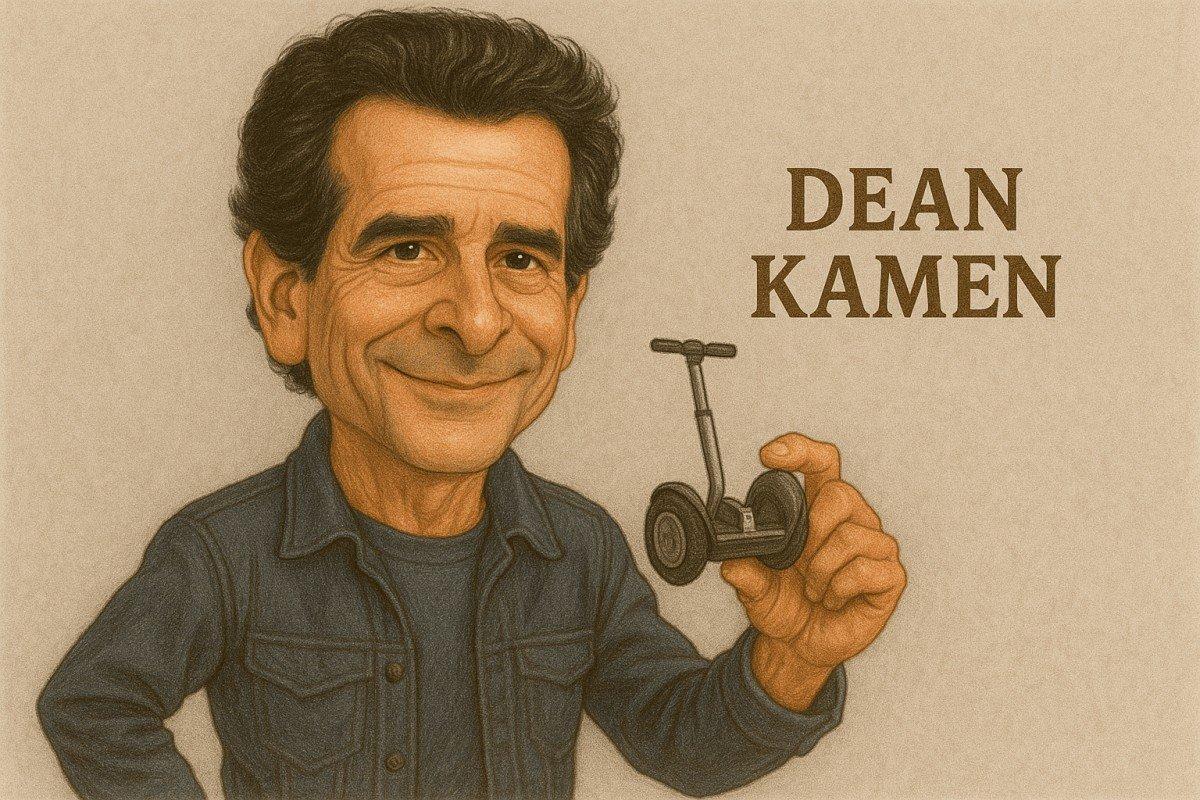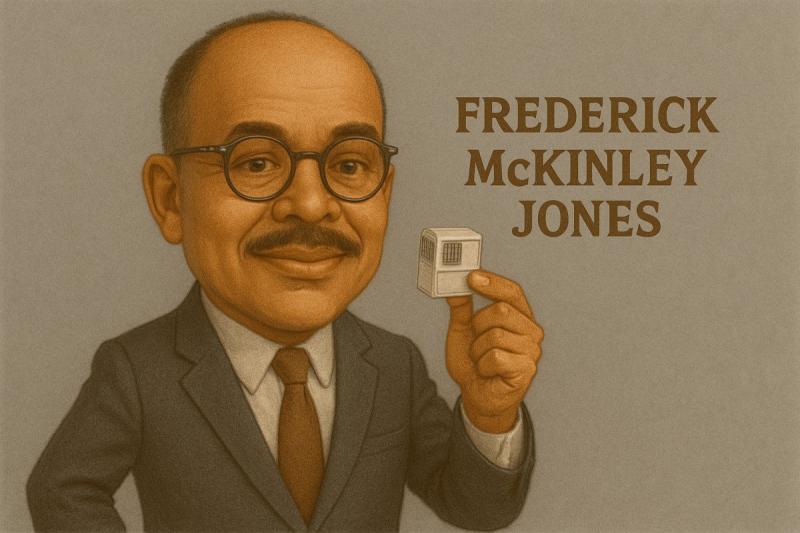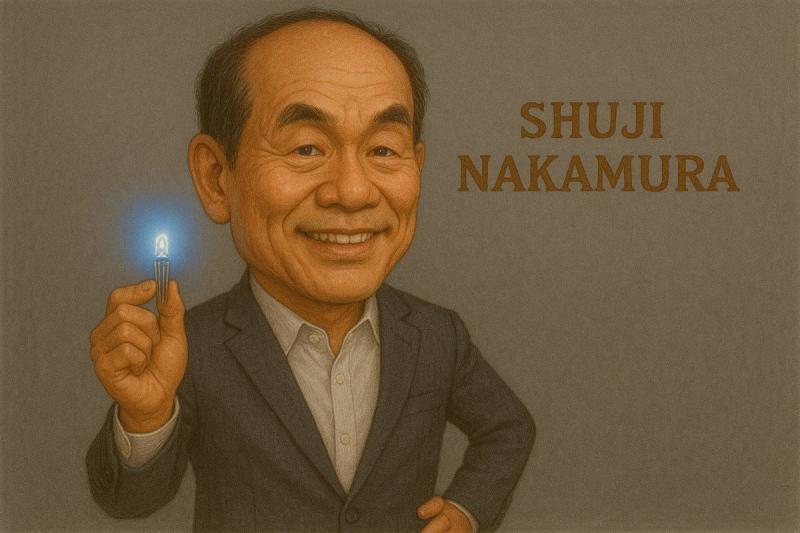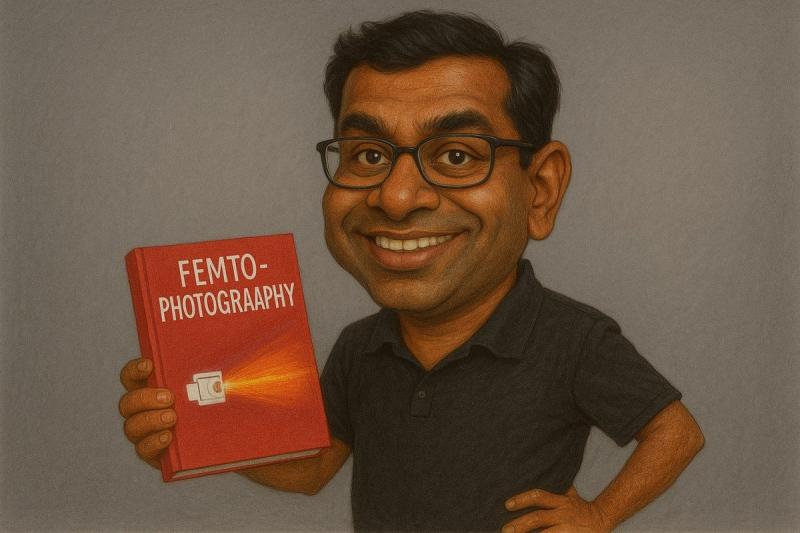Dean Kamen: The Relentless Tinkerer Who Put Tech on Two Wheels and Gave Patients Hope
Meet Dean Kamen—a mechanical whiz, entrepreneur, and, above all, an indefatigable inventor who’s determined to make “impossible” feel like last year’s software update. Dean isn’t your run-of-the-mill engineer. No, this is the man responsible for inventing the Segway—yes, that upright, two-wheeled rolling curiosity that caused equal parts awe and ridicule. But his real superpower? Using sharp engineering insights to give people their lives back with breakthrough medical gadgets, like the first portable dialysis machine.
Let’s get into why Dean Kamen matters—and why his innovations still buzz in labs, hospitals, and the odd tech-obsessed garage.
From Basement to Boardroom: The Kamen Blueprint
Dean’s love affair with invention started young. Legend has it, he tinkered in his basement as a teenager, splicing wires and fiddling with prototypes when most of us were still mastering the art of tying shoelaces. He didn’t bother finishing his degree at Worcester Polytechnic Institute—college couldn’t keep up with his pace, so he built his own classroom in the real world.
His early hit? The AutoSyringe—an infusion pump that let diabetics sidestep endless hospital visits. This wasn’t just a nifty gadget; it was freedom powered by silicon and steel. Dean sold the company and used the cash cushion (well over INR 80 crore back then) to fund more inventions. Not a bad graduation gift to himself.
Segway: From Science Fiction to Sidewalks
But it was the Segway that made Kamen a household name. Think of it as the lovechild of a bicycle and an engineering Ph.D., balanced by gyroscopes and clever coding. The Segway Personal Transporter looked—and still looks—like a prop from a sci-fi film. Launched in the early 2000s with wild hype, it promised to transform how cities moved. Amazon’s Jeff Bezos, Apple’s Steve Jobs—they all gushed. Wall Street braced for disruption.
But here’s the kicker: while everyone expected city streets to fill with Segways, reality stuck its foot in the spokes. Sidewalks weren’t ready. Rules tripped over themselves. And let’s be fair—Segways never looked quite as cool as a Ducati Monster.
Still, the Segway found its place: airport security, factory tours, and gliding tourists around ancient forts. It didn’t rule the world, but it didn’t vanish either; it paved ground for self-balancing scooters and mobility bots that followed. Products like the Segway miniPRO and Segway Ninebot keep the DNA alive in a world obsessed with last-mile travel.
Science—With Heart and Hands
Dean never let hype or flops slow him down. After the Segway, he doubled down on health tech. His portable dialysis machine, for example, shrank a room-sized process into a suitcase—a massive deal for patients in small Indian towns and megacities alike. Instead of weekly hospital hauls, a patient can now run treatment from their own couch. Imagine swapping INR 10 lakh worth of yearly hospital fees for home comfort—a revolution with a very real human payoff.
He’s also behind advanced prosthetics, like the DEKA Arm—famously called “Luke” for its Star Wars vibes. It's not just a robot arm; it’s a shot at living independently, whether you’re a veteran in Delhi or a schoolteacher in Chicago. Products like FIRST robotics kits and the HomeChoice Pro peritoneal dialysis system flow from Kamen’s design tables to real-world impact, blending market sense and social mission.
Commercial Clout: From Labs to the Ledger
Kamen’s inventions have never been just academic exercises. His companies, such as DEKA Research & Development Corp, actually make things—often things that matter. With the launch of the Segway, some speculated on INR 160 crore annual sales. Reality hit differently, but the lesson stuck: hype wears off, but practical utility pays the rent.
In healthcare, his work has sparked an entire suite of home and portable treatment products, plenty of which are now industry staples. Kidneys thrive, venture capital flows, and competitors race to catch up.
You can spot DEKA’s fingerprints in tech like Baxter Infusion Pumps (Standard of care in countless ICUs), and the HomeChoice devices in more than 70 countries. And while you’re at it, check out the kid-favorite iBOT—an all-terrain wheelchair that climbs stairs and spins in place. Not something you see every day at the neighborhood cricket ground.
First Principles: Making Innovation a Team Sport
Dean doesn’t hoard ideas. Instead, he’s fanatical about teaching the next generation to build, break, fix, and build again. His non-profit, FIRST (For Inspiration and Recognition of Science and Technology), runs robotics competitions that draw nearly five lakh students a year worldwide. If you’re a parent, you might know the VEX Robotics Super Kit, or maybe your child’s dream is to build a LEGO MINDSTORMS bot and beat the neighbor kid at science fair.
FIRST’s aim is clear—get kids hooked on engineering early, and let the world reap the benefits for decades. And guess what? Alumni of these programs lead tech teams everywhere from Bengaluru startups to NASA.
The Legacy: Still Tinkering, Still Teaching
Today, Dean Kamen’s inventions haven’t faded—they’ve multiplied. The Segway platform lives on in security bots and delivery robots across global markets. DEKA keeps refining medical devices, never settling, always making things smaller, lighter, and more powerful. The portable dialysis machine is not only out there—it’s a lifeline, and its DNA turns up in newer models built by Medtronic and competitors.
Kamen himself shows up everywhere from government innovation summits to school workshops, still sleeves-rolled, hands-on, pushing for that next big fix. He’s a living reminder that good tech isn’t about flash—it’s about impact.
Closing Thoughts
What do you call a man who marries super-geek engineering with stubborn optimism? Dean Kamen. He’s not always right and his creations have taken a few tumbles. But every time you see a gadget changing a life, a student building a robot, or a patient gaining independence, Kamen’s shadow is somewhere in the wings.
So, next time you see someone gliding on a hoverboard, or hear about a dialysis patient living life on their own terms, tip your hat. Chances are, Dean Kamen has already been there, soldering iron in hand, ready to make what’s tough a little easier for all of us.
And really—when was the last time an engineer was this fun to watch?



